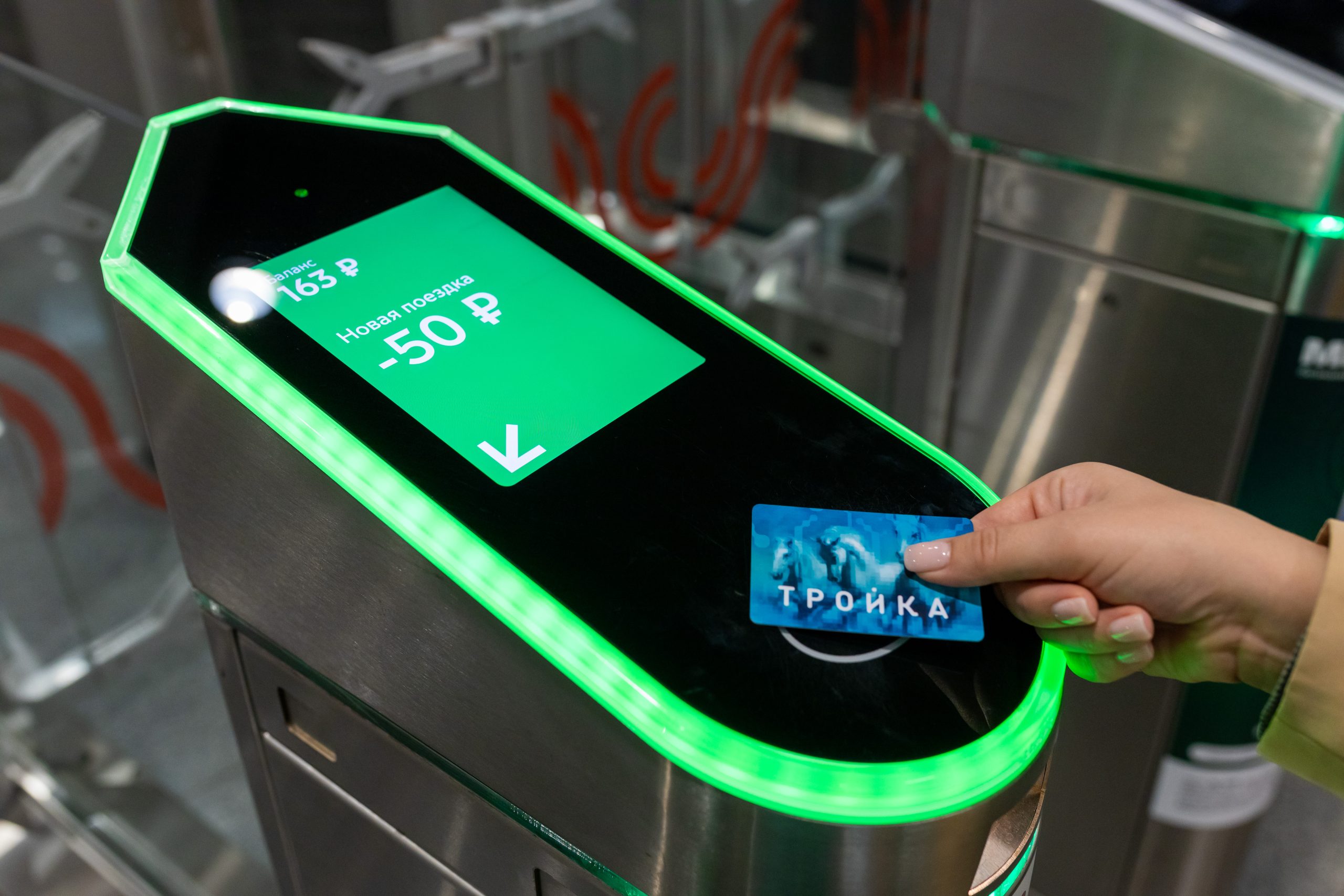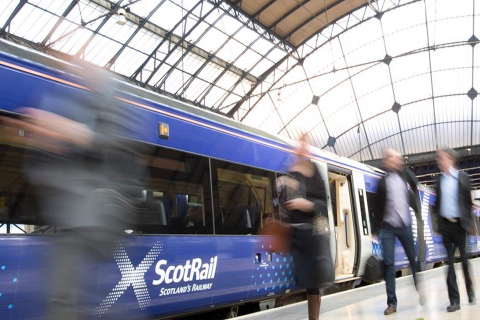Driverless trams and innovative ticketing announced for Moscow

Moscow Mayor Sergey Sobyanin has revealed the latest instalment of the city’s transport program, focusing on smart city technologies, via his personal blog.
The integration of advanced technologies such as biometric fare payment, the virtual assistant “Alexandra,” and a video surveillance system with facial recognition capabilities. Additionally, the virtual assistant will transition to AI ‘neural networks’, aiming for 90 per cent automation.
Driverless trams
Looking forward to 2030, Moscow plans to implement additional services driven by smart neural networks. These include introducing driverless features in trams and metro trains, making Moscow the first city in Russia to launch driverless tram routes. “This year we will already launch the driverless tram at several locations, expected in the second half of this year. Now this driverless tram is learning to drive without a driver in the depot. It is clear that our
specialist is sitting there now, controlling how everything works, but the tram will drive itself. It sees
passengers, it sees pedestrians, who sometimes cross the road in the wrong place, and stop when
necessary,” stated Maksim Liksutov during a lecture on Moscow Transport’s 2030 development program
for local schoolchildren.
Maksim Liksutov detailed the capabilities of the tram, highlighting its capacity to detect vehicles, traffic signals, and differentiate between animals like dogs and cats, with the ability to halt if necessary. Liksutov also outlined plans to transition all trams to driverless control, with future endeavours targeting the metro, albeit likely beyond 2030. Additionally, Liksutov referenced companies such as Yandex and Sberbank, currently engaged in testing driverless personal transport, according to the press release.
Payment and ticketing

Regarding ticketing solutions, Moscow Transport stands out globally for its technological prowess and diverse fare payment methods. With a well-developed ticketing system, 95% of passengers now bypass ticket offices.
The expansion of biometric payments persists, with the Moscow Metro enhancing the availability of turnstiles equipped with facial recognition technology. Currently, ten metro entrances boast all turnstiles accepting biometric payments and come March, the service will commence testing on another transport mode, the Moscow Central Diameters.
Lastly, Moscow plans to further integrate ticketing systems with those of the Moscow Region, extending to railway lines such as Yaroslavsky and Paveletsky. Additionally, the city will continue its policy of facilitating free transfers between various modes of transport.
Further reading:




